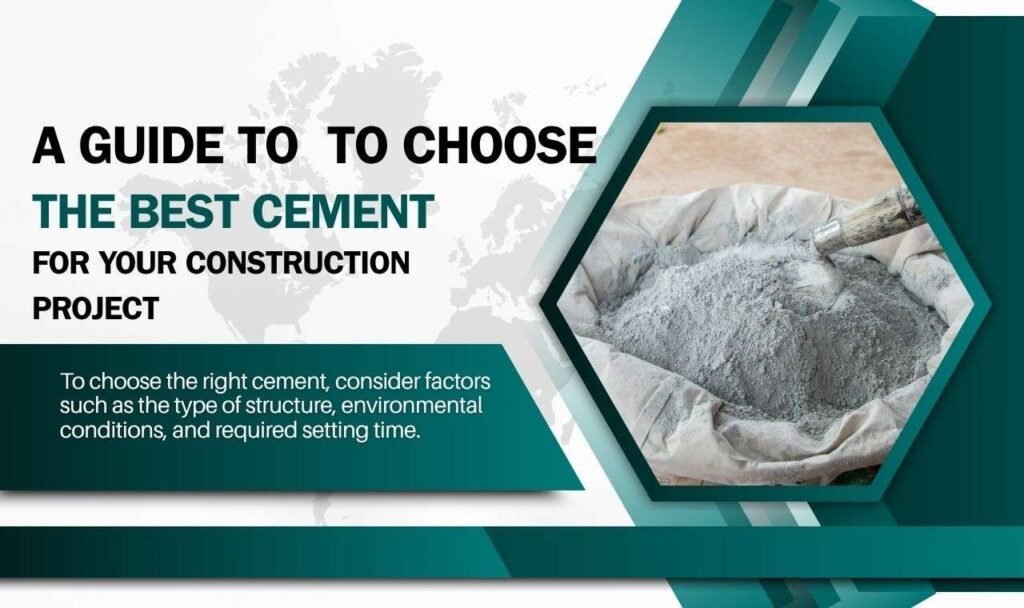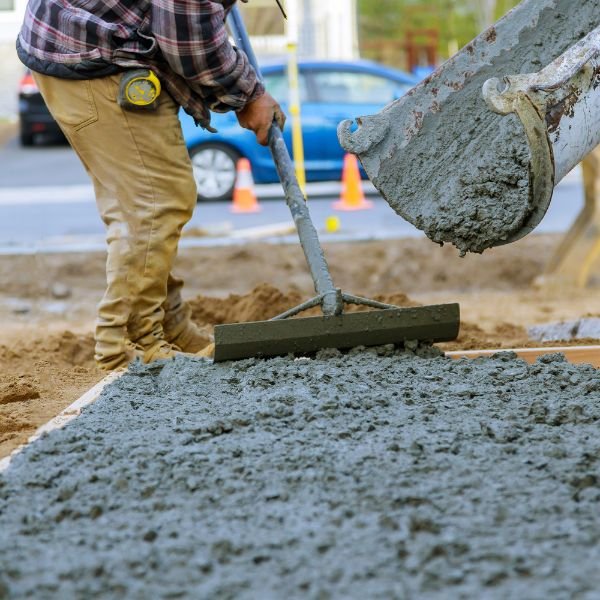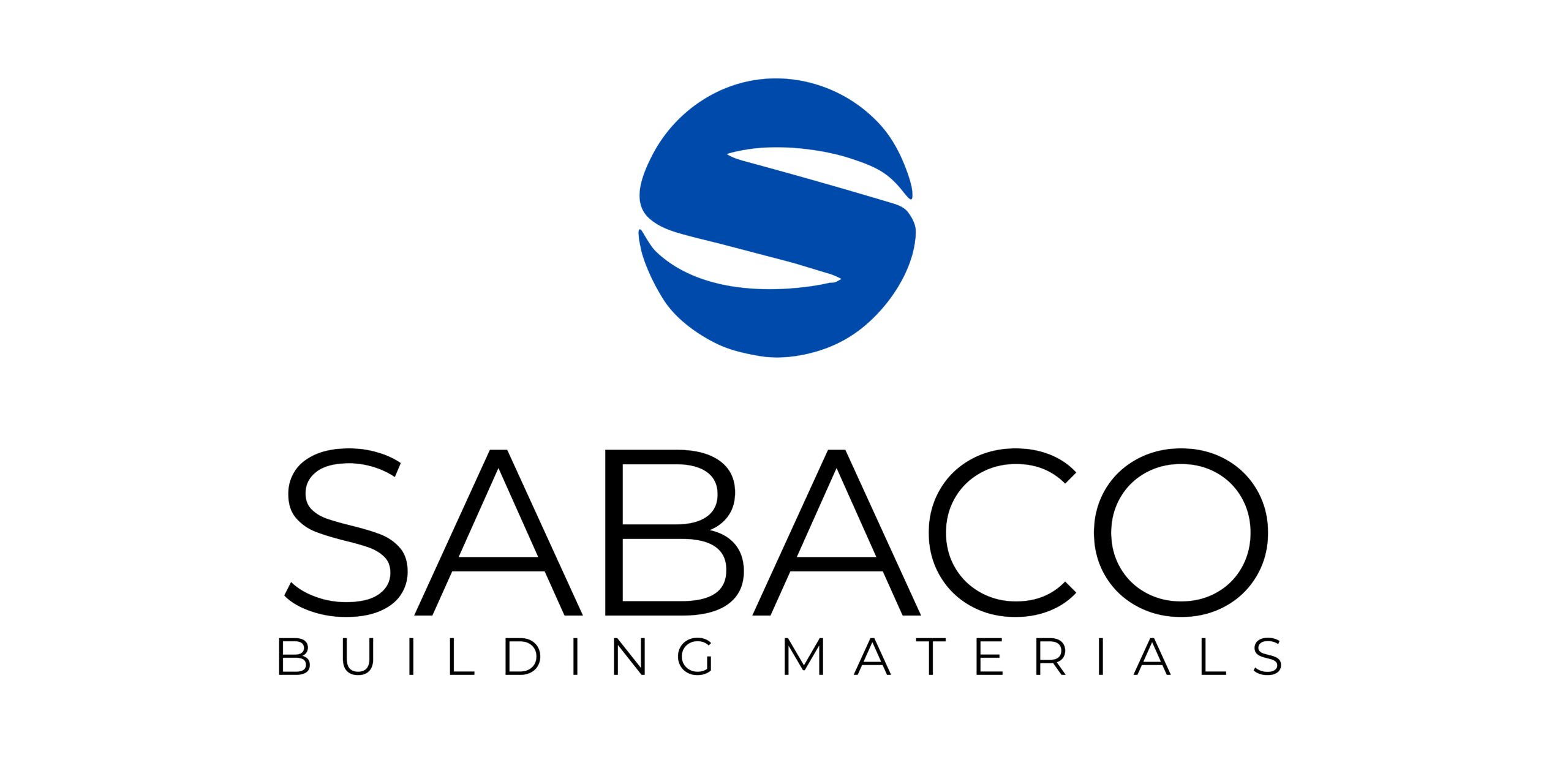How Do You Choose The Best Cement For A Construction Project?

Cement is among the most vital building materials that play an essential role in residential and industrial construction.
Understand your project requirements
Before you decide on the type of cement to use, the most crucial step is to be aware of the requirements of your construction project. Selecting the wrong cement type could cause cracks and eventually structural failure.
Do you have a house or commercial structure, or an infrastructure?
Residential homes
For normal home construction, including slabs, walls and flooring, regular Portland Cement (OPC) or Portland Pozzolana Cement (PPC) are commonly used. PPC is becoming more popular due to its strength, as well as better resistance to the elements that can affect it in the course of time.
Commercial buildings
The commercial building kinds of projects typically require stronger materials due to heavier loads, as well as higher foot traffic and greater spans. OPC 43 Grade or 53 grade cement is generally used for structural elements such as beams and foundations due to its superior initial strength.
Infrastructure projects
These projects require special cement. Rapid hardening Cement is a suitable choice in situations where faster setting is needed (like when repairing roads), as well as Sulphate Resisting Cement (SRC) is required in areas with high levels of sulphate (like sewage facilities, marine zones, or areas near industrial zones).
Types Of Cement Used In Dubai
Dubai’s rapid urbanization and extreme weather conditions, and a variety of construction requirements, have led to the usage of different types of cement. They are suited to specific uses and environmental elements. Below are the most widely utilized cement types in Dubai’s construction industry.

1.Ordinary Portland Cement
OPC is the most commonly used cement in Dubai for commercial and residential projects. It is quick to set with high initial strength, making it ideal for all kinds of projects from columns and foundations to bridges and slabs.
2. Sulphate Resistant Cement
Use: Areas with high exposure to sulphate.
Dubai’s location on the coast and sulphate-rich soils need Sulphate Resistant Cement to be used in the construction of structures such as basements, marine works and sewage treatment plants and retaining walls to stop degradation.
3. White Cement
Use: Decorative and architectural applications.
White cement is used to create finishing and aesthetic work such as tiles, facades, decorative concrete, as well as Precast Architectural elements.
4. Rapid Hardening Cement
Use: Projects with tight time frames are ideal to use for road repair and construction emergencies. The rapid hardening of cement builds strength more quickly than OPC and can accelerate the completion of projects.
5. Low Heat Cement
Use: Large-scale infrastructure.
This cement is employed in concrete pours that are mass-produced and where heat may cause cracking. This includes dams, power plants or foundations with large dimensions.
6. Hydrophobic Cement
Use: Humid environments .
It is a type of cement that has water repellent properties. It is ideal for the construction of humid environments as well as water retaining structures.
Popular Cement Brands In The UAE
RAK White Cement
RAK White Cement is renowned for its extraordinary whiteness and smooth finish. It is extensively employed in architectural and decorative applications such as tile fixing, Precast panels and even plastering. Made at Ras Al Khaimah, the cement is in compliance with the international standard (ASTM C150; EN 197-1) and is sold across all of the Middle East, Asia, and Africa.
Fujairah Cement
Fujairah cement uses advanced technologies and sustainable practices. It provides Ordinary Portland Cement and Sulfate Resisting Cement to both the domestic as well as international markets.
National Cement Company
National Cement Company (NCC) is a well-established UAE cement producer that was established in 1968 with facilities across the two cities of Dubai (Al Quoz) and Abu Dhabi. It has a variety of cement-based products, such as:
- Ordinary Portland Cement (OPC)
- Sulfate Resisting Cement (SRC)
- Blast Furnace Slag Cement (GGBFS)
- High Slag Blast Furnace Cement
Sabaco distributes the brands of National Cement products throughout Dubai, serving commercial and professional contractors as well as retail customers.
Factors Affecting Choosing The Right Cement
Environmental Conditions
The choice of cement should be in accordance with the conditions and exposure. The humid or coastal areas require cement with excellent resistance to corrosion and water (e.g., PPC or Portland Slag Cement). Groundwater that is sulphate-rich requires sulphate-resisting cement to stop chemical attack. Dry and desert regions might benefit from OPC, which is faster to set and can perform better in less challenging conditions.
Workability and Finish Requirements
- For a smooth surface or plastering finish, White Cement or PPC is the preferred choice because of its finer particles and better working ability.
- To constructions made of concrete, OPC offers a more durable finish that is perfect for structural elements such as slabs, beams, and columns.
Conclusion
Sabaco is one of the top brands of cement in the UAE, with many options to satisfy the varied requirements of commercial projects. No matter if you’re searching for Ordinary Portland Cement or blended varieties such as PPC, Sabaco ensures reliable availability and quality that is consistent from the most reputable producers across the region.
FAQ
Sabaco offers a variety of cement types, which are suitable for a variety of building requirements.
Sabaco provides popular and reliable cement brands in the UAE, as well as international brands that are recognised for their quality with industry standards.
It's not always. Although some projects employ one type of cement throughout the project, other projects may require different types of cement to build walls, foundations or for finishing work based on the strength of the cement, as well as setting time and conditions of exposure.
